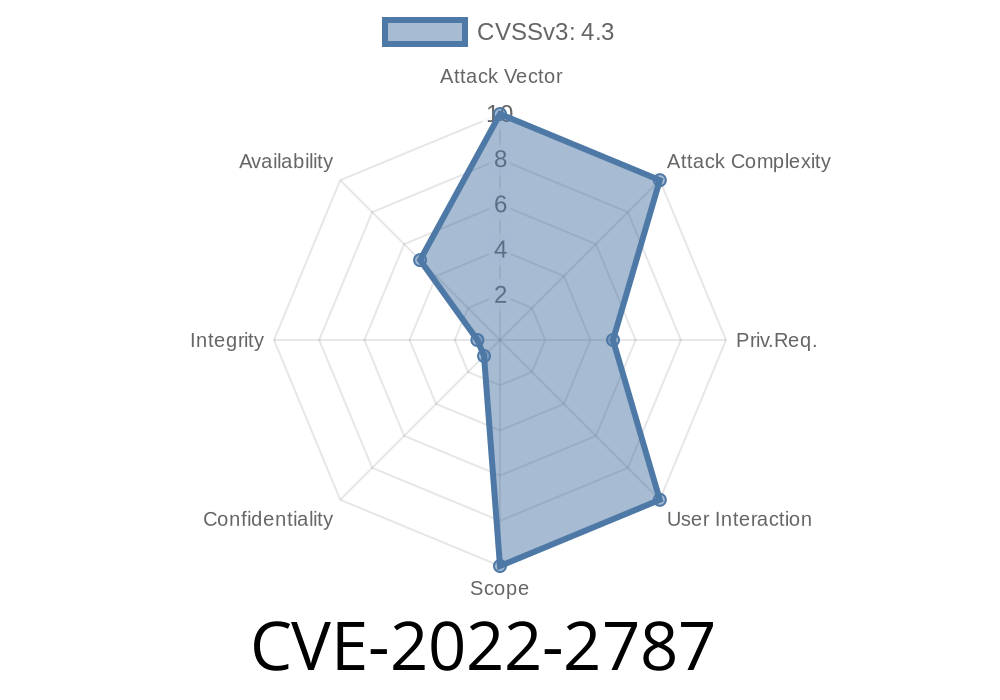This was fixed in schroot 1.6.13 and later releases.
If you installed a newer version of schroot after updating your system, you may want to first uninstall the old version before installing the new version.
It is also possible that schroot has been prevented from starting by a dependency problem. In that case, it may be necessary to remove such a package before upgrading schroot.
If you installed a newer version of schroot after updating your system and schroot still does not start, it is likely that your /etc/schroot/ has been corrupted. In that case, it may be necessary to remove such a file before upgrading schroot.
If schroot still does not start after upgrading your system, it may be necessary to fix some corrupted file in /etc/schroot/ before upgrading schroot.
Another possible reason for schroot not starting is that schroot has been prevented from starting by a dependency problem. In that case, it may be necessary to fix such a dependency before upgrading schroot.
If you installed a newer version of schroot after updating your system and schroot still does not start, it may be necessary to fix some corrupted file in /etc/schroot/ before upgrading schroot.
Another possible reason for schroot not starting is that schroot has been prevented from starting by a dependency problem. In that case, it may be necessary to fix such a dependency before upgrading sch
Upgrading to newer versions of schroot
If you installed a newer version of schroot after updating your system and schroot still does not start, it may be necessary to fix some corrupted file in /etc/schroot/ before upgrading schroot.
If schroot still does not start after upgrading your system, it may be necessary to fix some corrupted file in /etc/schroot/ before upgrading schroot.
Another possible reason for schroot not starting is that schroot has been prevented from starting by a dependency problem. In that case, it may be necessary to fix such a dependency before upgrading sch
Installing schroot first
Some versions of schroot may not be compatible with other packages installed on your system. It is recommended that you install a newer version of schroot first before installing any other packages.
tips-before-upgrade
- Ensure that you have a good backup of your /etc/schroot/ directory
- Ensure that you have created and populated a configuration file for the new version of schroot
How to fix corrupted /etc/schroot/ file schroot is installed in /etc/schroot and has a default configuration. If you have not yet created your profile, then you will need to create one before you can use schroot.
To find the right file to start with, try starting with schroot-X-Y.service where X is the number of your profile and Y is the number of your target machine.
scrap version of schroot
To install the latest version of schroot, remove the old version before upgrading.
If you installed a newer version of schroot after updating your system and schroot still does not start, it may be necessary to fix some corrupted file in /etc/schroot/ before upgrading schroot.
Another possible reason for schroot not starting is that schroot has been prevented from starting by a dependency problem. In that case, it may be necessary to fix such a dependency before upgrading sch
Timeline
Published on: 08/27/2022 12:15:00 UTC
Last modified on: 09/01/2022 19:33:00 UTC
